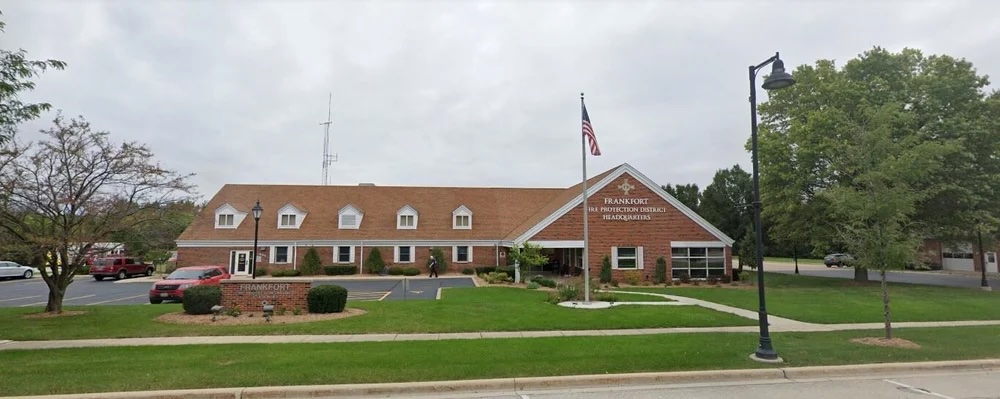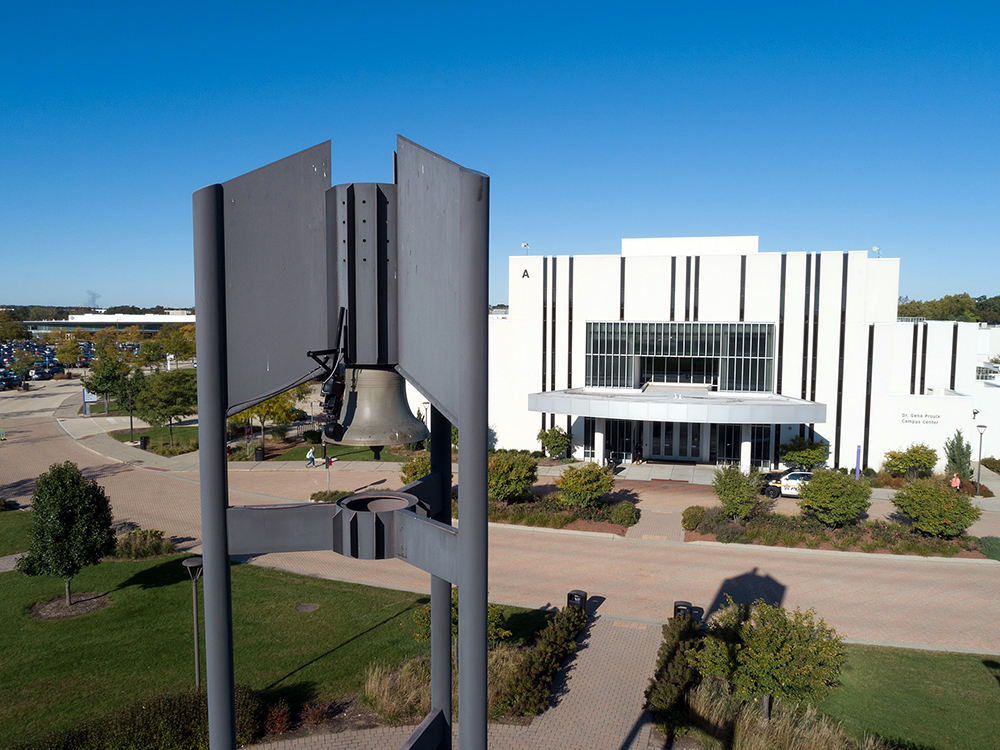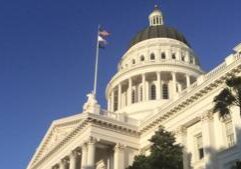
Legislative committees advance CA redistricting legislation
Legislators, taxpayers and others debated passionately Tuesday for several hours as Democratic-led election committees in the California Assembly and Senate advanced congressional redistricting legislation.
The bills making up the Election Rigging Response Act received support from the Democratic majorities in the Senate Elections and Constitutional Amendments Committee and the Assembly Elections Committee. Ultimately they’re expected to land on the floors of the Assembly and Senate on Thursday. They’re backed by the Democratic supermajorities in both houses, as well as by Democratic Gov. Gavin Newsom.
With their passage certain, the legislation will mean voters on a Nov. 4 special election will decide whether to revise boundaries for congressional districts in response to redistricting in Republican-led states such as Texas.
But the Republican minority in the Legislature scored what they called an early victory Monday night by delaying Thursday’s floor votes.
“The bill was stalled until after 7 p.m., meaning the earliest it can be legally voted on is Thursday evening. That leaves only hours before the special election deadline for passage and Newsom’s signature,” Senate Minority Leader Brian Jones, R-San Diego, posted on X.
Democrats and Republicans agree democracy is at stake and that California has a gold standard with its independent, nonpartisan Citizens Redistricting Commission.
Republican lawmakers argued the will of voters, who approved a constitutional amendment creating the commission, was being disregarded. But Democratic legislators stressed voters can see the proposed map, which is posted at aelc.assembly.ca.gov/proposed-congressional-map. They also noted that unlike people in Texas, Californian voters will have the final say on whether congressional districts are changed and that the independent commission can resume its work after the 2030 census.
“We are not asking California to rubber stamp maps behind closed doors,” Assembly Elections Committee Chair Gail Pellerin, a Democrat, told the panel. “As a former election official, I would never stand for that. This is about defending democracy itself, making sure checks and balances our kids learned in government class are alive and well after the 2026 election.”
Other Democrats on the committee voiced their support.
“Who should have the control of the vast power of the federal government?” asked Assemblymember Steve Bennett, D-Ventura. “Our founding fathers agreed hundreds of years ago on a special form of democracy, designed to protect our democracy from power grabs.”
If people in power try to change the rules to seize power undemocratically, then democracy advocates must also change their rules in response, Bennett argued.
But Assemblymember David J. Tangipa, R-Clovis, who sits on the committee with Bennett, told the committee that Republicans weren’t given enough time to review the legislation in advance of Tuesday’s hearing. He also noted the proposed congressional map changed at 8 p.m. Monday.
Pellerin countered that she understood the map was posted at 8 a.m. Monday.
Pellerin and Tangipa clashed during the hearing as the latter asked extensive questions of Assemblymember Marc Berman, D-Palo Alto, who spoke on behalf of one of the three bills making up the Election Rigging Response Act. Pellerin said she was trying to keep the meeting moving, and Tangipa stressed the importance of his questions on topics such as funding.
A large number of residents throughout California, union representatives and representatives of organizations such as Planned Parenthood and the California Teachers Association, spoke in favor of redistricting at the Assembly committee meeting. But what appeared to be an even bigger number of taxpayers from throughout the state, as well as representatives of Republican organizations, spoke against the legislation. Comments on the two sides echoed those made by the Democratic and Republican legislators.
The Assembly committee rejected a motion by its ranking Republican, Vice Chair Alexandra Macedo of Tulare, that the committee recess until its members could read all 16,000 comments that voters have made in a portal on the Assembly website.
“Democratic power bosses want to take the power away from the people,” Macedo said. She called the Election Rigging Response Act a coordinated effort to tear down the independent commission and gerrymander districts for political gain at a time California faces severe budget shortfalls.
The Assembly Republican Caucus has said the Nov. 4 election will cost voters more than $235 million. Democrats have countered the Trump administration has cost the state much more than that by cutting or withholding funding.
Latest News Stories

Meeting Summary and Briefs: Frankfort Fire Protection District Board of Trustees for August 19, 2025
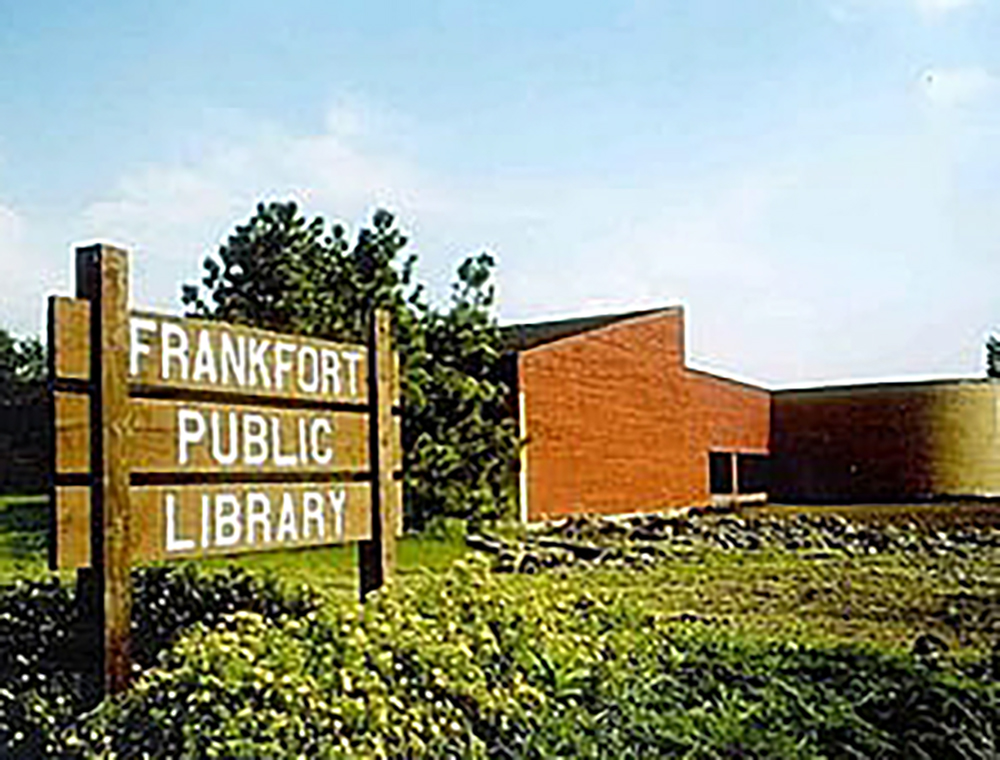
Frankfort Library Approves Funds for New Heaters, Tree Removal
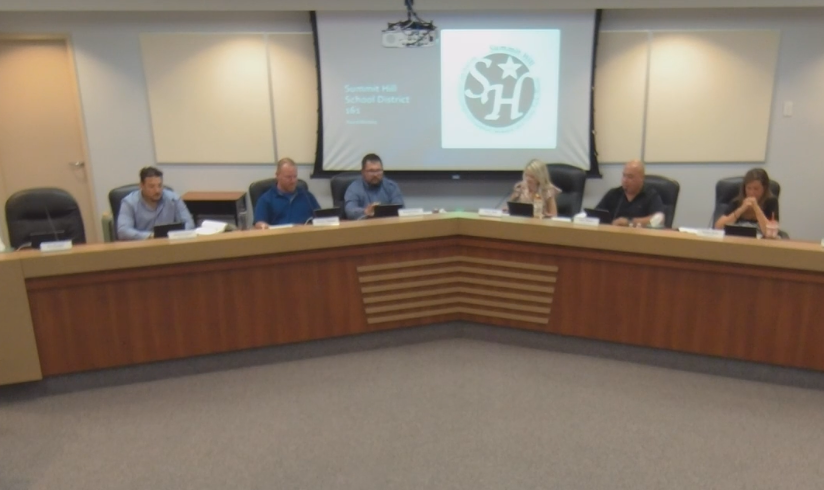
Summit Hill 161 Welcomes Will County Sheriff’s Deputy as New School Resource Officer

Meeting Summary and Briefs: Frankfort Square Park District for August 21, 2025
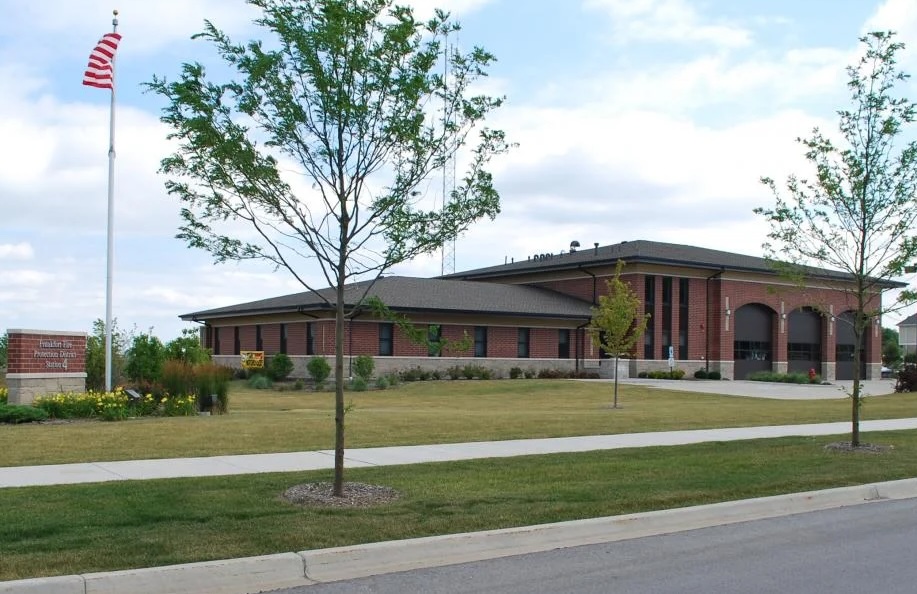
Frankfort Fire Board Adopts FY 2026 Budget Amid Rising Insurance Costs
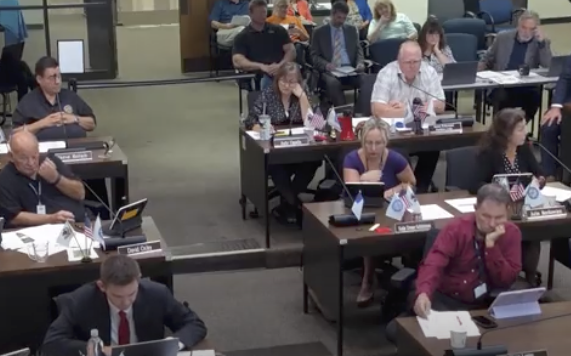
Meeting Summary and Briefs: Will County Board for September 18, 2025
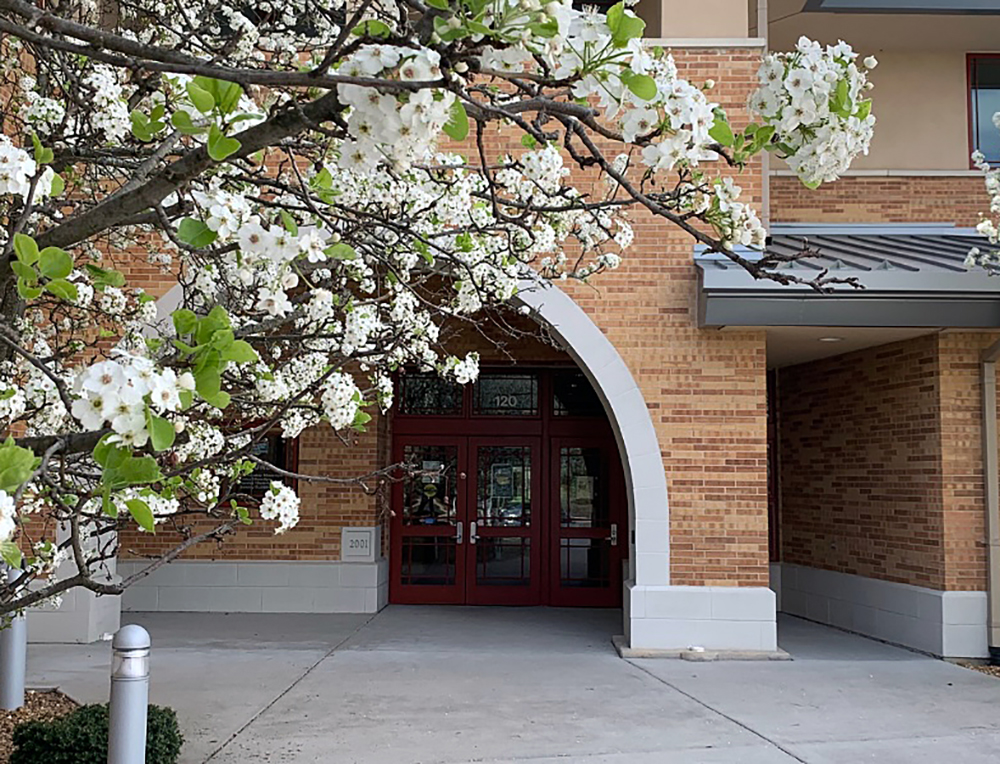
Library Approves $14,700 for Reading Room Architectural Services

Meeting Summary and Briefs: Frankfort Township Board for August 11, 2025
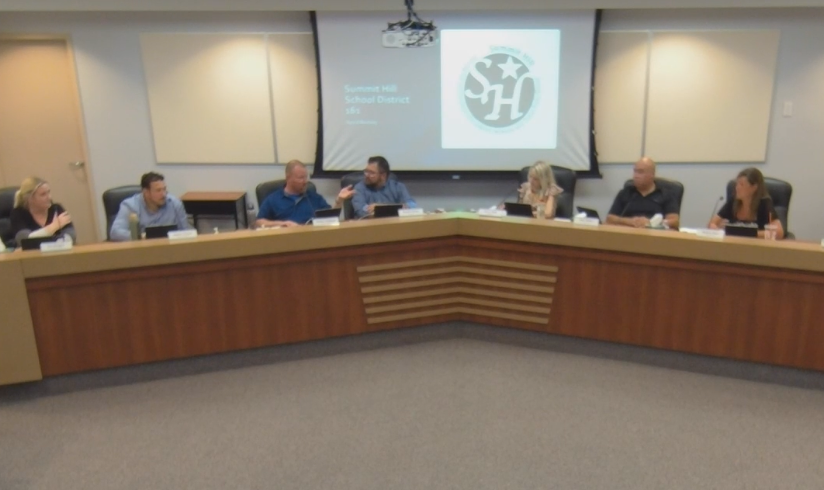
Summit Hill 161 Board Approves $40 Million Budget for 2025-2026 School Year

Meeting Summary and Briefs: Lincoln-Way Community High School District 210 Board of Education for September 18, 2025
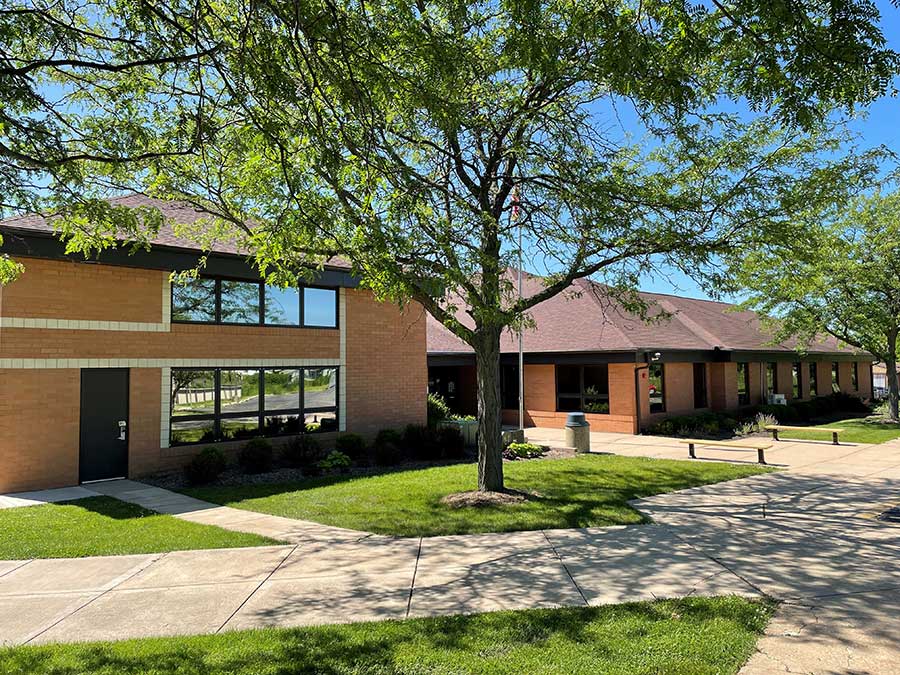
LWSRA Details Services for Residents with Disabilities, Plans ‘Hero Village’ Grand Opening
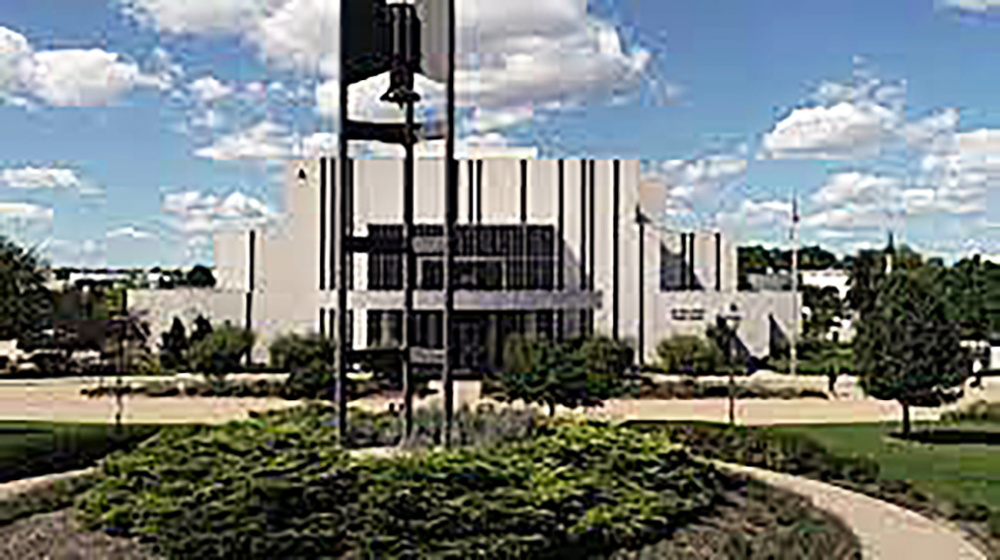
JJC Moves Forward with Major Technology Overhaul to Modernize College Operations

Meeting Summary and Briefs: Frankfort Park District for August 12, 2025
